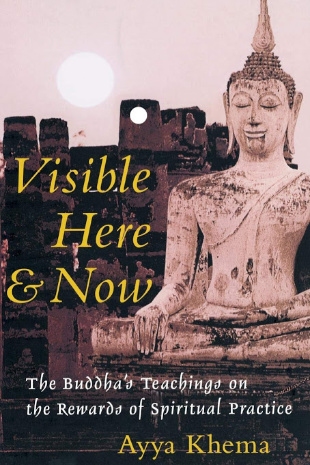Ayya Khema, a Buddhist nun, elaborates on the Buddha's teachings about the rewards of spiritual practice. In the following excerpt, she ponders the multidimensional aspects of love — along with its shadow elements.
"The far enemy of love is obviously hatred. But the near enemy of love is devotion and clinging. Clinging sounds nice, as if it were something good. But if we take a closer look at this expression, we see that we're not standing on our own two feet and giving love; we're holding on to someone. It often happens that the person we cling to doesn't find it especially pleasant and would be glad to get rid of this clinger, because he or she can be a burden. And then comes the great surprise that the love affair isn't working — but we clung so devotedly! Clinging is thus called the near enemy, because it looks like real love. The big difference between the two is the possessiveness that marks clinging.
"Such possessiveness proves, time and time again, to be the end of love. True, pure love, so famed in song and story, means that we can pass it on and give it away from the heart without evaluation. Here we have to be on the lookout to recognize the negativity within us. We're always searching for its causes outside ourselves, but they're not there. They always lie in our gut and darken our heart. So the point is: Recognize, don't blame, change! We must keep replacing the negative with the positive. When no one is there to whom we can give love, that doesn't in the least mean that no love exists. The love that fills one's own heart is the foundation of self-confidence and security, which helps us not to be afraid of anyone. This fear can be traced back to our not being sure of our own reactions."
